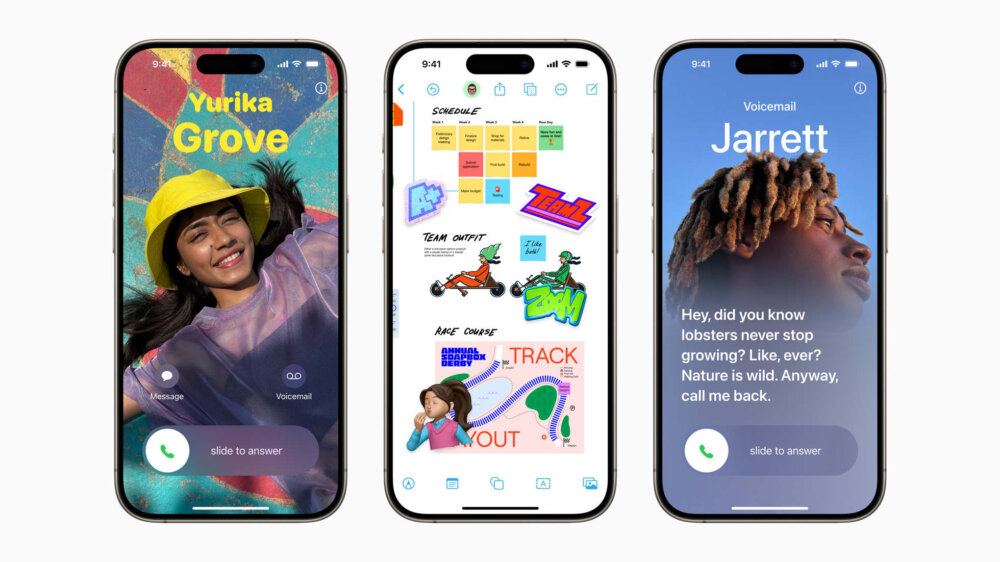
Rachel Cox, VP of People and Talent, Liberis: “One of the biggest learnings in my HR career has been pragmatism”
One of our key aims with our Coffee with HR series is made obvious by our title. This is a chance to hear what drives HR professionals, in all sizes of business, from all around the world. And we want it to be as open and relaxed — like a one to one — as possible. That’s why we’re delighted to feature Rachel Cox, VP of People and Talent, Liberis as one of our first interviewees.
It’s not merely that Rachel has a lot of experience, but also that she and her team are taking a proactive approach to new technology. Here, you will hear about the practical ways Liberis is using generative AI and the importance of guardrails and clear communication at the organisation.
Rachel’s passion also shines through. She told us she doesn’t merely want Liberis to be a nice place to work; she wants it to be “a phenomenal place to work”. To discover how Rachel and her team are making that happen, keep on reading…
Tell us about your role – where do you work, what do you do?
I head up all things People, Culture and Talent for Liberis, the leading global provider of embedded business finance. I wear lots of different hats; I sit on our Executive Leadership Team, responsible for the strategy and direction of our business, and I also head up a team of HR and Recruitment professionals responsible for all aspects of the people lifecycle, from attraction and onboarding through to retention and offboarding.
We’re based in London but have offices in Nottingham, Stockholm and Atlanta as well as colleagues working remotely, so we need to think globally in everything we do. As is the nature of a scale-up in a growing, competitive industry — we have ambitious goals and move at pace to deliver them, so no two days are the same.
What made you pursue a career in HR? And what advice do you have for anyone considering a career in HR?
I decided pretty early on that I wanted to study business. The decision for me was between HR and Marketing, as both were about how people think, which fascinates me. After doing some work experience and studying both at university, I landed on HR. I had an amazing lecturer in Organisational Behaviour (who I am actually still in touch with) and that helped steer my decision.

Advice-wise — I have loads!
One of the biggest learnings in my HR career has been pragmatism. You’ll come into a new role and country and see a million things you want to improve/fix, but you need to make sure that your plans are grounded in the business context.
Some HR teams keep a distance from the business, using confidentiality as a rationale, but I believe strongly that you need to be in the business to understand it and provide products and services that are fit for purpose. This means really listening to others and not just focusing on what interests you / is the fad of the moment.
Post-pandemic, what are your thoughts on flexible work trends and how do you think they’ll shape the upcoming years?
The hot topic of the last few years — and, honestly, one I think will rumble on for a few years. We have to remember that we have been working one way for generations, and we are still feeling our way in this brave new world.
My personal view is quite balanced. I see huge benefits to in-person interaction, and personally, I get a huge amount of energy from being in our offices. At the same time, as someone who has held global roles for many years, I have been home-based since before the pandemic, so I recognise the benefits I get from that; from going for a morning swim and getting parcels delivered, to getting my head down to do focused work.
At the end of the day, I think it comes down to the culture and goals of each business, which will vary dramatically. It’s key that a company lands on the solution that works for them and, most importantly, communicates it clearly, to both potential and existing employees. Don’t try and be all things to all people would be my advice!
Related reading: Future of work – what does it hold?
What is the best piece of advice you’ve ever received and how has it shaped your career?
“Bring me solutions, not problems” — on my first day of full-time work from my then boss. This shaped my entire approach to work and how I lead others. Whilst I can’t say I do this 100% of the time, when I don’t have a solution (yet), I state that clearly, and that I’m still thinking through one. It doesn’t need to be a perfect solution but come with an opinion to kick us off.
What are the top three challenges HR professionals face today?
- Talent attraction/retention. Although hiring isn’t as wild as it was in the immediate post-pandemic period, it’s still a buyer’s market and you need to stand out from the crowd. A strong employer brand — and a candidate and people experience that is consistent with that — is key.
- Office vs hybrid vs remote. There is no one perfect solution, so aligning internally on your approach, and making the WHY to your people (current and future) clear is critical.
- Rate of change. HR teams need to keep the pulse of their own evolving organisations, but also stay abreast with external developments (legal, societal, technological etc). That’s easier said than done — especially, when you are, as Liberis is, a global company. Take the US. Just knowing at a federal level what is happening isn’t enough — you may need to be across developments in 50 states! Challenging, yes, but it keeps things interesting!
Related reading: What’s behind TikTok’s work trends? Burnout and low pay
What do you perceive are some of the risks of deploying AI in the workplace?
It’s relatively early days for the People Team, but, as a company, we have really embraced AI and the benefits it can have across our company. Our ticketing system which covers my team, and IT and Legal, uses AI to create FAQs and steer people to a solution. We also use generative AI as a team on an ad hoc basis to streamline day-to-day activities, such as writing internal communications and drafting job descriptions.
We’ve focused on educating people on the benefits — for example, we have a ‘Wednesdays we talk AI’ feature to give people inspiration. At the same time, we recognise that people can have concerns about the use of AI (technical, ethical, legal etc) so we’ve also shared some guardrails so that people use it responsibly. As data is everything to our business, it’s important that this doesn’t create security risks for us.
Many HR departments continue to digitise more and more of their processes and workflows – has this been the case at Liberis and what has that experience been like?
I’ve been working in HR for 20 years now(!) so I’ve seen a huge transformation in how people processes run, and how work is done generally. The view we have taken is that we want to streamline and automate our core processes as much as possible, so we can focus on where we can add the biggest value. In practice, this means that we have a ticketing system to triage inbound day-to-day queries and we have a People Hub which contains information and resources on all aspects of the People agenda (including video and audio content).
At the same time, this is a starting point, so we always direct people to who in the team they can contact to find out more. There’s a lot more to go at, and I’m all for efficiency, but I don’t want us to lose the human touch altogether.
What is an HR initiative you’ve spearheaded that you are particularly proud of?
My mantra of work is to ‘make a difference every day’. Over my career, I’ve worked on huge global transformation projects that have fundamentally repositioned the business, and I’m incredibly proud of my role.
However, in my view, there is no greater satisfaction than coming from watching other people succeed.
I’m a big believer in spotting and nurturing nascent potential and I’ve been lucky to have worked with some incredibly talented people who have gone on to do amazing things. Definitely not taking credit for their success (it is 99.9% them) but, if I’ve played some small role in their development, I can be very happy. HR fads come and go — but the benefit of quality discussions on career and development is here for the long term!
NEXT UP

Eight lessons from building an AI product
In 2021, long before ChatGPT, Prashant Mahajan built his own generative AI tool for product managers. Here, he shares his playbook for building an AI product that will stand out from the crowd.

Taavi Tamkivi, Founder and CEO of Salv: “Collaboration between financial institutions, or rather lack of it, has traditionally been a challenge”
We interview Taavi Tamkivi, the Founder and CEO of Salv, a regtech company on a mission to beat financial crime

Apple AI iPhones move one step closer with on-device AI experiments
Apple AI iPhones are a distinct possibility with the release of experimental language models that could run easily on a phone